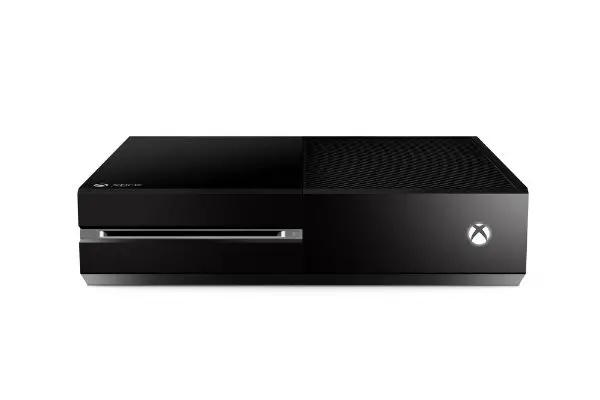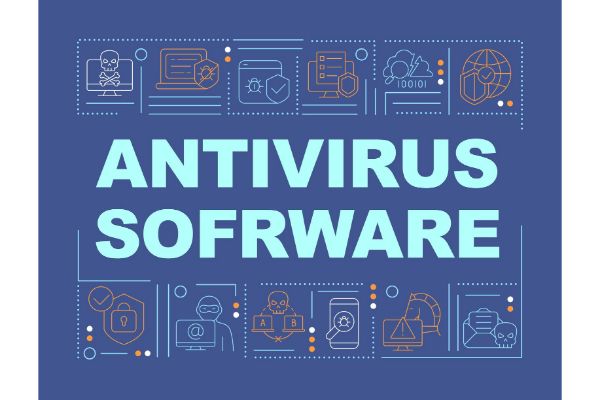Disclaimer: This post may contain affiliate links, meaning we get a small commission if you make a purchase through our links, at no cost to you. For more information, please visit our Disclaimer Page.
Both the Xbox 360 and Xbox One represent upgraded versions of Microsoft’s original Xbox console. Mostly, these differences relate to improved hardware and capabilities.
The Xbox 360 has a lot more memory at its disposal when compared to its predecessor, and it also uses a multicore processor and a better graphics processor to run more intense, powerful games than the Xbox. Similarly, players will see the same kinds of improvements with the Xbox One. This console features two quad-core processors and memory capacity that far outstrips the 360.
Even with all of these advancements or upgrades in place, some gamers wonder about the potential for either the 360 or Xbox One to get viruses or malware. With a growing concern over cyber-based attacks on all forms of networked computing machines, we will delve into this subject in our article here.
As a way to reach deeper into the topic, we will also check out whether the consoles might be susceptible to intrusions via any of the internet browser apps that users might access in the menu.
Additionally, we will cover antivirus support for consoles like the Xbox, talk about the likelihood of console viruses, and tie it in with hacking computers in general.
Table of Contents
Can an Xbox 360 or Xbox One Get a Virus or Malware?
Before we get into the possibility of either console getting viruses or malware, we should first define some terms. In common language, both malware and virus are used interchangeably by many people to describe the same thing. In tech circles, they do have two distinct meanings.
Broadly, malware is any kind of software or programming code that has the intent to do some kind of harm to a computer system, server, or network. On the other hand, a virus is a particular type of malware.
Malware might include adware, ransomware, or spyware, and this is all in addition to viruses. Any type of computer virus is designed to spread to other devices or systems.
That said, it is extremely unlikely for the Xbox and its versions to get some kind of virus or malware. No system that is connected to the internet or networked to other devices is completely safe from this threat.
However, the way that consoles are structured and work insulates them from the possibility of a bad program far more than other kinds of computers. Some people in the tech world refer to home entertainment consoles as walled gardens. This type of system is closed off, even when it is connected to the internet, and the potential for damage is very limited.
A walled garden can only run the code that is examined, signed, and certified as safe by the parent company. Here, Microsoft must verify and allow any kind of code that the console would like to run.
It would do this for the purposes of gaming, using apps, or anything else the Xboxes might want to do. Once things are verified, companies such as Microsoft will usually use a proprietary digital key to sign off on the code and allow the consoles to run it.
As you might expect, this limits the capability for any type of malware to get onto the system. If it was an issue at all, the console should be prevented from running code that could cause any harm.
All content for apps that you can download from the Microsoft Store and onto your Xbox console has been verified as safe before it appears on the hub. Therefore, you have Microsoft’s guarantee that the app should not do anything harmful to your console.
Additionally, everything on the Xbox runs in a type of sandbox environment. This means that all games and apps are separate from each other, and this is true even though they are stored on the same console. Should there be a very unlikely problem with one app, it should not be able to affect other apps or how the console functions.
Can an Xbox Get a Virus From Internet Explorer?
Internet Explorer exists as a web browser app that you can get on the Xbox. It may be more likely to find the upgraded Microsoft Edge browser in the storefront today, but the general idea remains the same. It is an application that allows you to surf the web from your console.
The only differences are that you’ll use the controller as a primary input device, and you’ll display things on a TV monitor rather than a computer screen. The app should be optimized for use with a console, so there may be a few other minor differences between how you navigate it over the PC version.
As with most apps, the likelihood of getting any kind of virus from using the Internet Explorer one should be close to zero. The browser can search for and display information for you, but it shouldn’t need to download anything to the console, and this limits the kinds of things that can actually get into the unit.
The only way this might be possible is if there is some sort of undiscovered exploit through which a bad actor might gain access to the app to put in some kind of code as a workaround. As a general rule, such exploits do not remain open for long. Additionally, the potential problems this could cause should still be limited to just a single app.
Does the Xbox Have Antivirus?
No, Xbox consoles do not have native antivirus support. You may be able to find apps that are supposed to provide this feature, but they would need to be signed and approved by Microsoft and available in the storefront.
Any other apps that you might want to run for these purposes would not work unless you somehow modified the console to bypass this authentication and run code without the parent company’s consent.
However, doing so could allow for other modifications that are not so nice to get on the system, too. Therefore, it is not recommended to do anything like this in the name of just getting antivirus support, particularly as it is not necessary.
Why Are Console Viruses Rare?
There are a few reasons why console viruses are so rare, and we have touched on some of them already. The nature of how consoles work and run means it is hard to get viruses inside to cause problems for the whole system.
At most, one or two apps may be affected. These would be isolated, and it is probable that the company would be aware of them soon. All a user would need to do is uninstall the app until an updated version was available to them.
As noted earlier, even malware that might be available to run on a console would need digital consent from the company, and it may also have to ask for user consent first before it was able to do anything.
Given the limited scope with which malware can work on a console, this is a labor-intensive feat with little to gain. However, a lot of this rarity comes from how the Xbox architecture works.
Although Microsoft develops and manufactures the Xbox, it does not use Windows to run as an operating system. Gamers may notice many similarities between the standard Xbox and a Windows computer, but they are not the same. Therefore, bad actors would need to write special code that works with the proprietary architecture in the Xbox operating system.
This, too, is something that would require a lot of time and effort for very little gain. Along with all of the difficulties in getting around the checks Microsoft puts in place, this is a big reason why most gamers do not see viruses that target consoles.
Can an Xbox Get Hacked?
As with any kind of computer that is able to get on a web network, the possibility of hacking exists. However, much like writing malware for it, the chances of this happening are extremely remote.
The primary reason for this is that the console would need to be jailbroken by the user before a hack could even be implemented. Jailbreaking involves modifying how the console functions, and it is a way to allow the device to do things the developer did not design it to do.
Much like how this could add new features that users enjoy, it would also be a way to invite some trouble from a hack. However, this is not a simple procedure, and most gamers won’t have consoles set up this way.
This means that the potential base that might feel an impact from the hack is so small that it may not be worth it to most people. The number of PC users is much larger, and this is why hacking on these devices occurs more frequently.
Conclusion
Both the Xbox 360 and Xbox One offer console gaming fans new titles and features to enjoy. Each new iteration from Microsoft seems to bring new hardware with it, and this technology is capable of running realistic, exciting games.
Although some players may be concerned about viruses or malware, the possibility of either of these things happening to consoles is very remote. The way consoles run sets them apart from computers, and the systems are too isolated to make this problem a strong concern.


